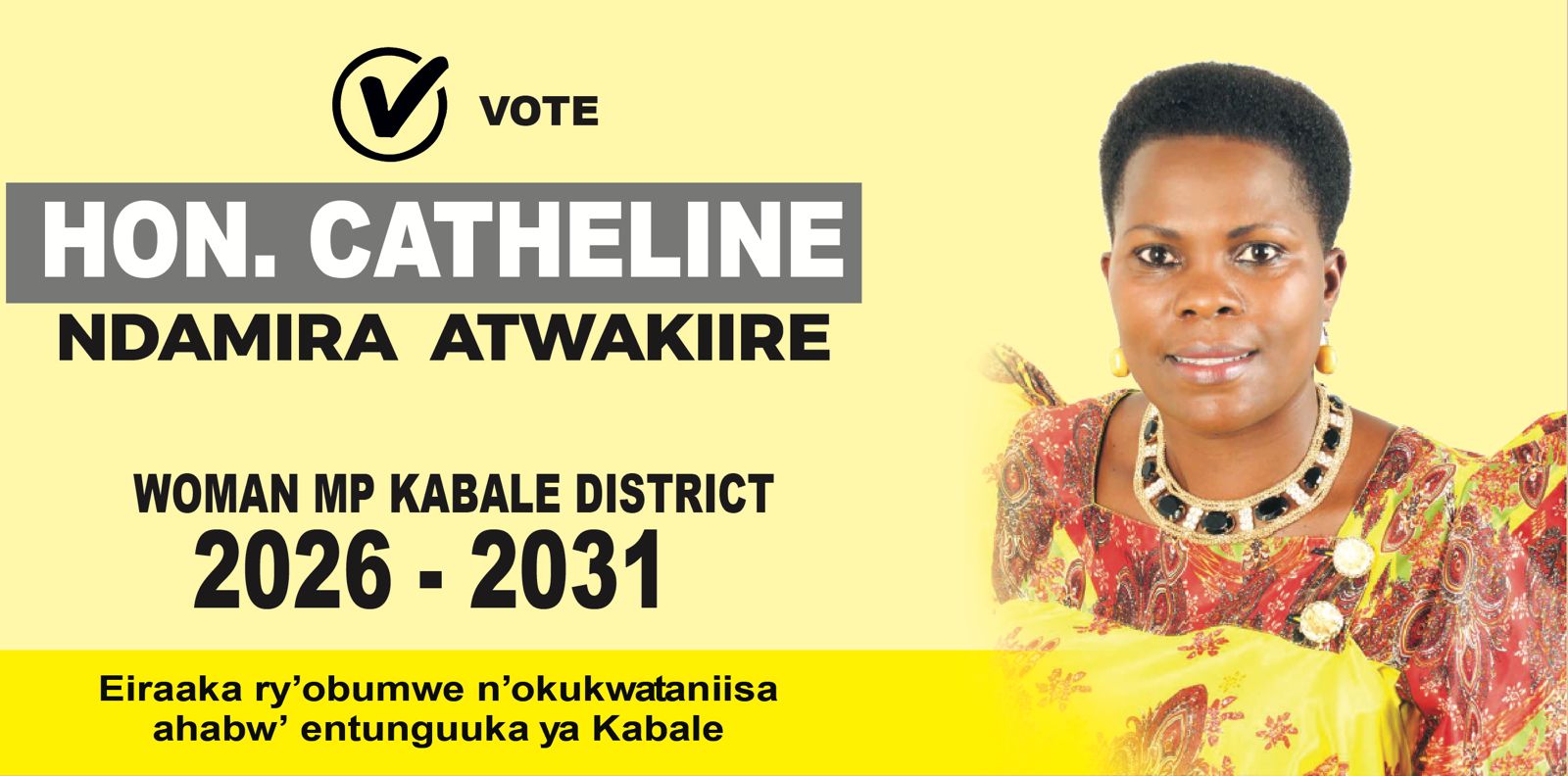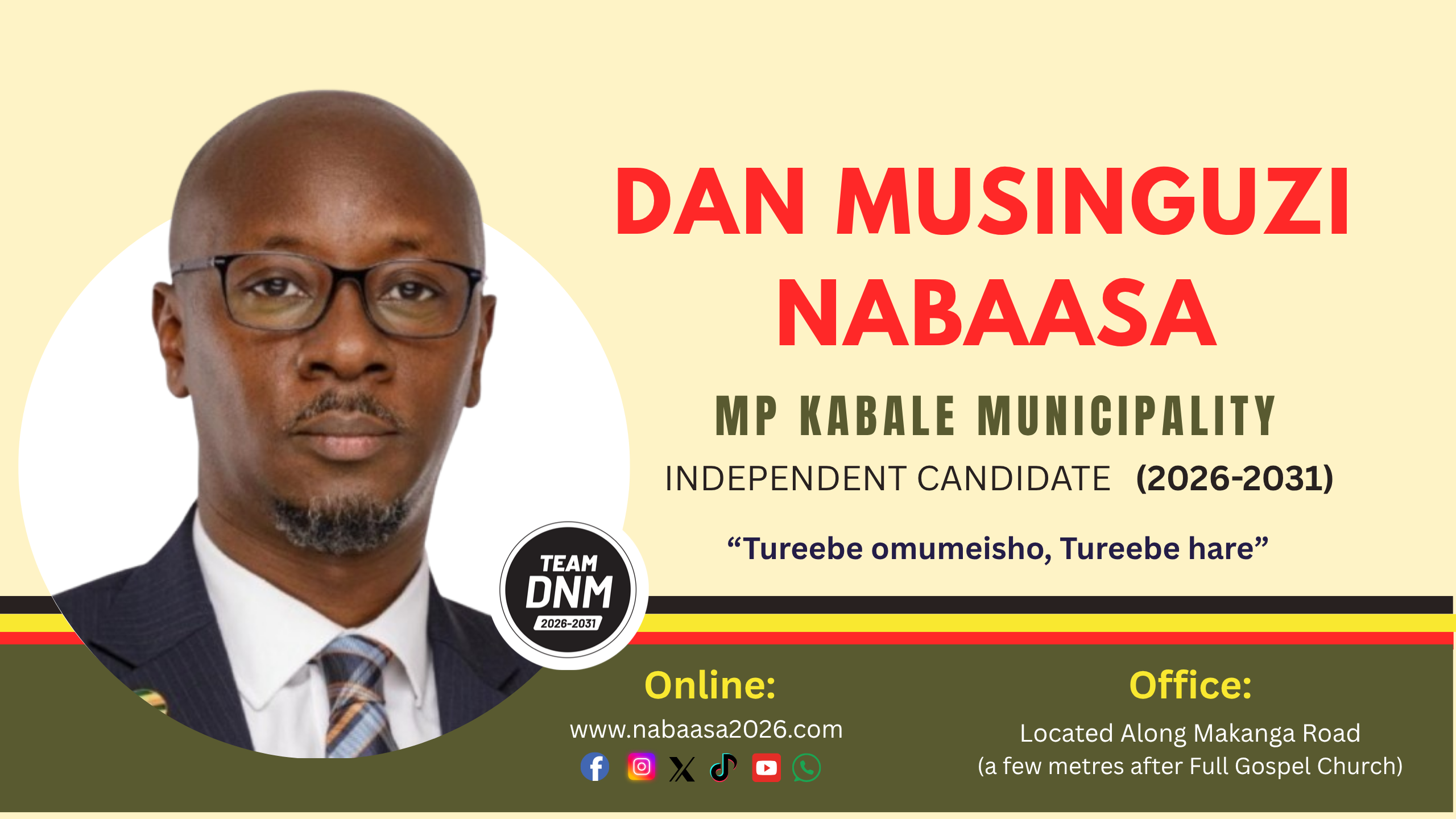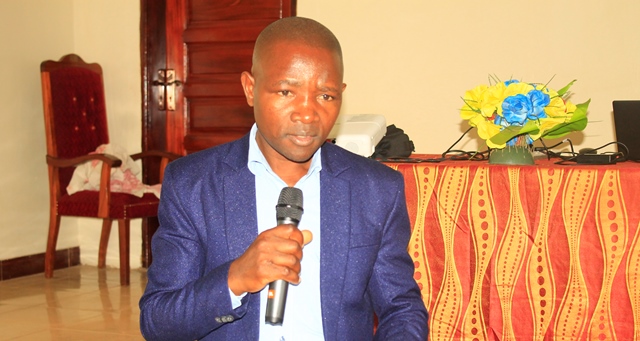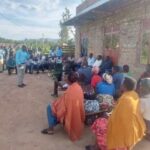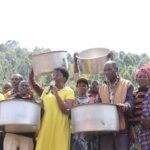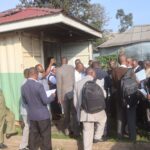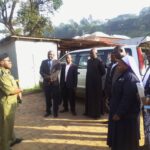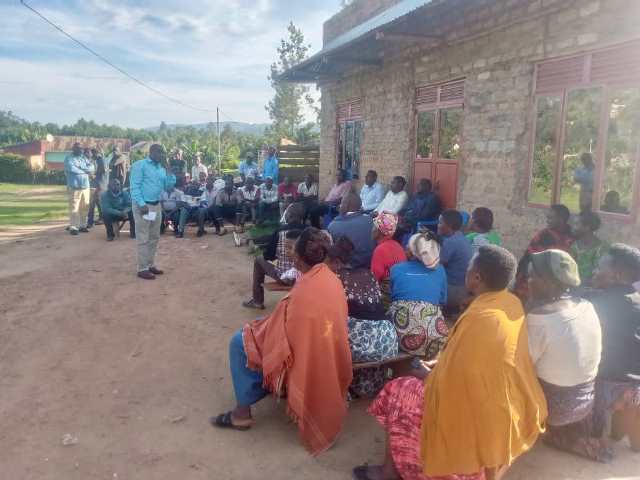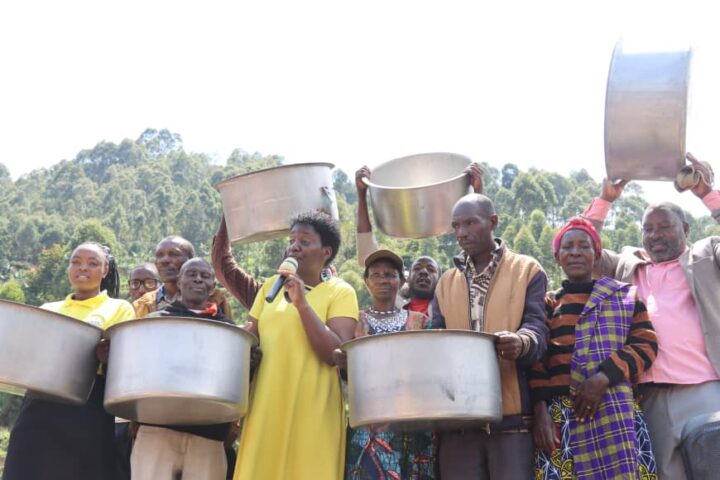
The Deputy Chief Administrative Officer of Kabale District, Robert Mugabe, has urged district councilors and technocrats to prioritize the promotion of government programs among residents instead of focusing heavily on burial and wedding ceremonies.
Mugabe made the remarks on Thursday while sensitizing district councilors and technocrats about the Uganda Climate Smart Agriculture Transformation Project (UCSATP). Kabale is one of 69 districts selected to implement the project.
The overall objective of the UCSATP is to “increase productivity, market access, and resilience of selected value chains in project districts and to respond to eligible crises or emergencies.”
In Kabale District, beneficiaries will be drawn from 12 Lower Local Governments comprising 10 sub-counties, 2 town councils, and 3 divisions of Kabale Municipality. Out of the 232 targeted beneficiary groups, 194 have already been identified, leaving a balance of 38 groups to be mobilized.
In his address, Mugabe emphasized that service delivery is a core pillar of the National Resistance Movement (NRM) and that government programs are designed to benefit all Ugandans. He called on councilors and technocrats to be champions of these initiatives within the communities they serve.
“You are the driving force behind extending government programs to the grassroots,” Mugabe said.
CUE IN MUGABE…..ON THE COUNCILORS……….ENG//
Kabale District LC5 Chairperson, Nelson Nshangabasheija, echoed the need for timely execution of the project. He emphasized the importance of collaboration between stakeholders and technocrats to ensure the successful implementation of the initiative.
Meanwhile, Kabale Resident District Commissioner, Godfrey Nyakahuma, called on the district council to enact laws to protect farmers from exploitation and to help boost agricultural productivity and income.
CUE IN RDC NYAKAHUMA…..ON COUNCILORS…….RR/ENG//
Jennifer Twebaze, Kabale District Senior Fisheries Officer, highlighted that the UCSATP supports several value chains nationally. For Kabale, the focus is on dairy, beneficial insects (bees and black soldier fly), aquaculture, and coffee.
Twebaze noted that the project will operate on a competitive matching grant basis, with a 20:80 subsidy model for production and marketing activities.
However, she acknowledged challenges, particularly in the highland terrain, where identifying six aquaculture groups per sub-county is difficult. She recommended:
- Selecting aquaculture groups from other sub-counties beyond the initial two submitted.
- Identifying existing groups for Black Soldier Fly farming.
- Organizing learning visits for potential beneficiaries.
- Establishing demonstration sites for knowledge sharing.
Twebaze also emphasized the need for training and capacity building for project implementation teams including ESS, SMS, CFO, project accountants, and procurement officers and the production of printed materials such as FID guides, matching grant manuals, and the Project Implementation Manual (PIM).
Lastly, she called attention to changing land use patterns due to evolving environmental policies aimed at reducing climate change impacts. In particular, the restoration of previously reclaimed wetlands will require both intensive and extensive sustainable land management (SLM) efforts.
The Source Reports.
We come to you.
Want to send us a story or have an opinion to share? Send an email to [email protected] or WhatsApp on +256742996036.
